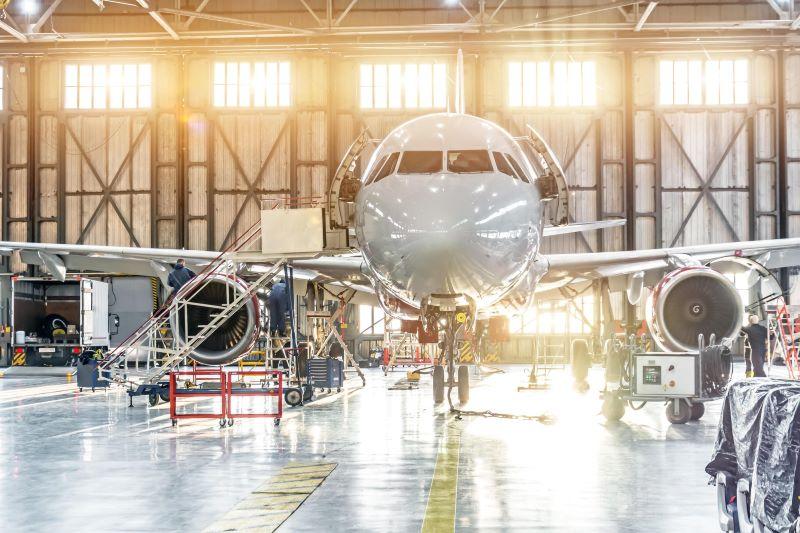
HEICO posted record revenue and net income in its fiscal third quarter thanks to strong aftermarket demand and momentum from its M&A deals.
Credit: Aleksandr Papichev/Alamy Stock Photo
If there is one aerospace company that has benefited from the current commercial aftermarket super cycle, it is Heico. The Hollywood, Florida-based manufacturer of jet engine and aircraft component replacement parts has had a string of high-performance quarters, with the latest reaching a peak in...
Subscription Required
Heico Riding High On Aftermarket Demand, M&A Momentum is published in Aviation Daily, an Aviation Week Intelligence Network (AWIN) Market Briefing and is included with your AWIN membership.
Already a member of AWIN or subscribe to Aviation Daily through your company? Login with your existing email and password
Not a member? Learn how to access the market intelligence and data you need to stay abreast of what's happening in the air transport community.





